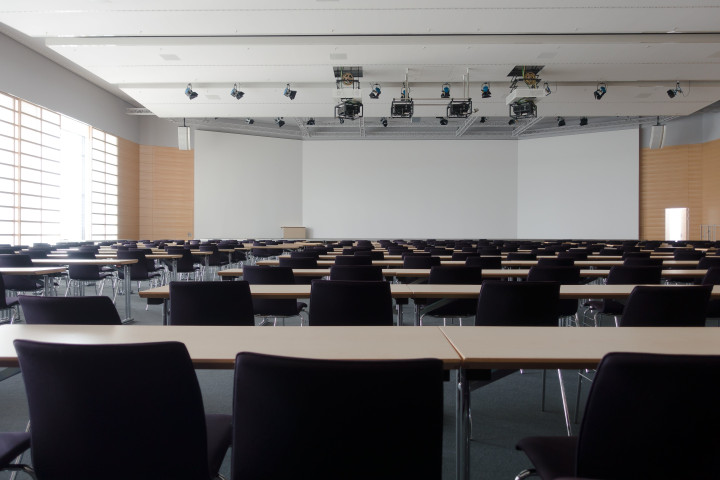
In a diverse country like India,
festivals are more than just celebrations; they are vibrant threads woven into
the cultural fabric of society. They embody traditions, values, and a rich
heritage that spans centuries. Integrating Indian festivals into the academic
curriculum isn't just about rejoicing in merriment; it's about recognizing
their significance and leveraging their educational potential.
Education isn't solely about
textbooks and classrooms; it's about nurturing well-rounded individuals. Indian
festivals offer a unique gateway to connect students with the ethos, history,
and customs of their nation. By incorporating festivals into the curriculum,
education surpasses the boundaries of conventional learning, fostering a deeper
understanding and appreciation for cultural diversity.
India is a melting pot of traditions,
languages, and customs. Embracing festivals in the curriculum encourages
cultural awareness and sensitivity among students. It imparts a sense of
respect for different beliefs, fostering an inclusive environment where
diversity is celebrated.
Indian festivals present a treasure
trove of learning opportunities across various subjects. From history to
science, art to sociology, each festival unravels a plethora of topics ripe for
exploration. Christmas signifies the beauty of winter and welcome the New Year
with zeal and positivity; Diwali illuminates the significance of light,
Deepavali, and its scientific relevance; Holi opens discussions on the science
behind colours and water conservation. The history behind festivals like Durga
Puja or Pongal provides insights into India's cultural evolution.
Festivals are a canvas for
creativity. Engaging students in festival-related activities encourages
artistic expression, be it through crafts, music, dance, or storytelling. Such
creative endeavours not only foster imagination but also promote experiential
learning, making concepts more relatable and tangible.
Incorporating festivals into the
curriculum promotes community engagement. School celebrations, projects, or
collaborative initiatives with local communities during festivals foster a
sense of belonging and unity, transcending classroom boundaries.
Memories forged during festival
celebrations are often cherished for a lifetime. They embed values like
camaraderie, empathy, and gratitude. Such experiences shape individuals,
fostering social and emotional development alongside academic growth.
Indian festivals aren't just moments
of joy and festivity; they are repositories of history, culture, and wisdom.
Integrating them into the curriculum isn't an added ornamentation; it's an
essential component in nurturing holistic, culturally aware individuals. It's
an opportunity to make education more immersive, inclusive, and meaningful. By
embracing the rich tapestry of Indian festivals, we impart not just knowledge
but a deeper understanding of our roots and an appreciation for the diversity
that defines our nation.
transcends rote memorization, fostering a deeper connection between students and their cultural heritage. By celebrating and participating in festivals, education evolves into an immersive experience that nurtures not just academic prowess but also cultivates empathy, creativity, and a profound appreciation for the tapestry of human traditions and values. As we embrace experiential learning, let us recognize the profound impact that celebration and participation can have on shaping well-rounded, socially aware individuals poised to thrive in an ever-evolving world.
Read More Article: Cooperative Learning in Classroom